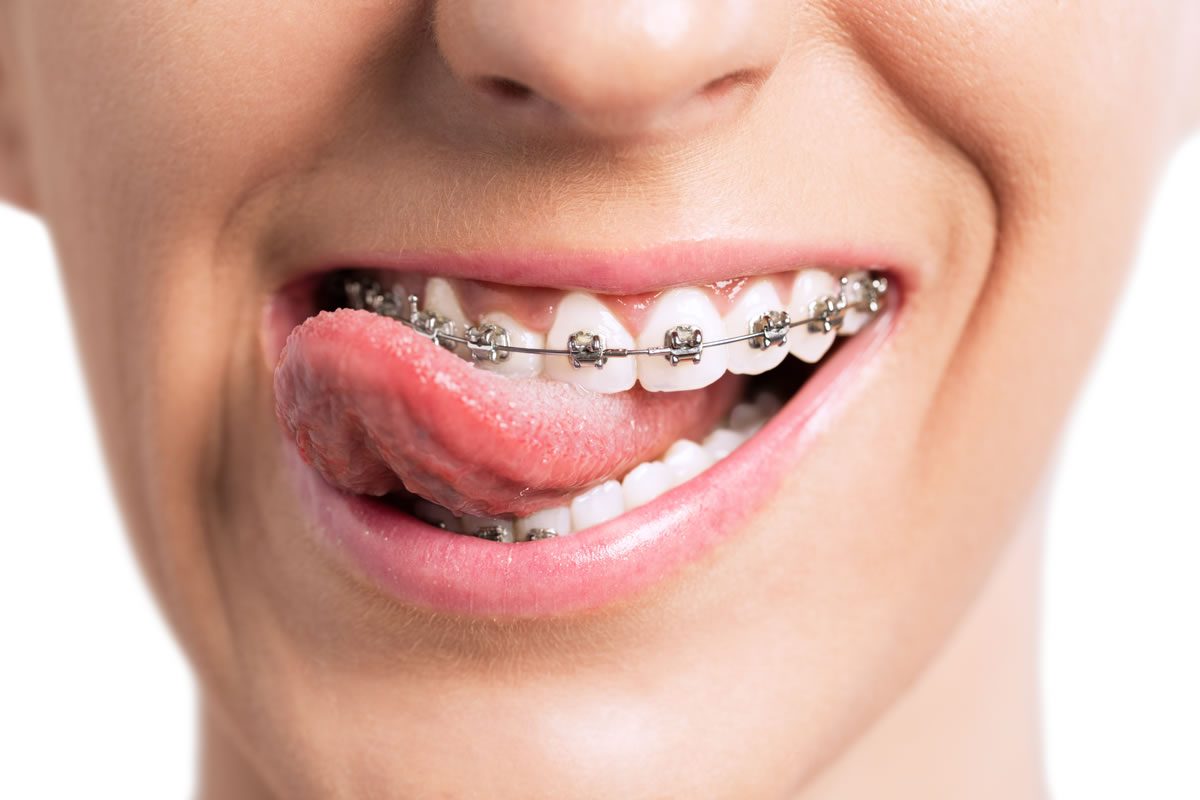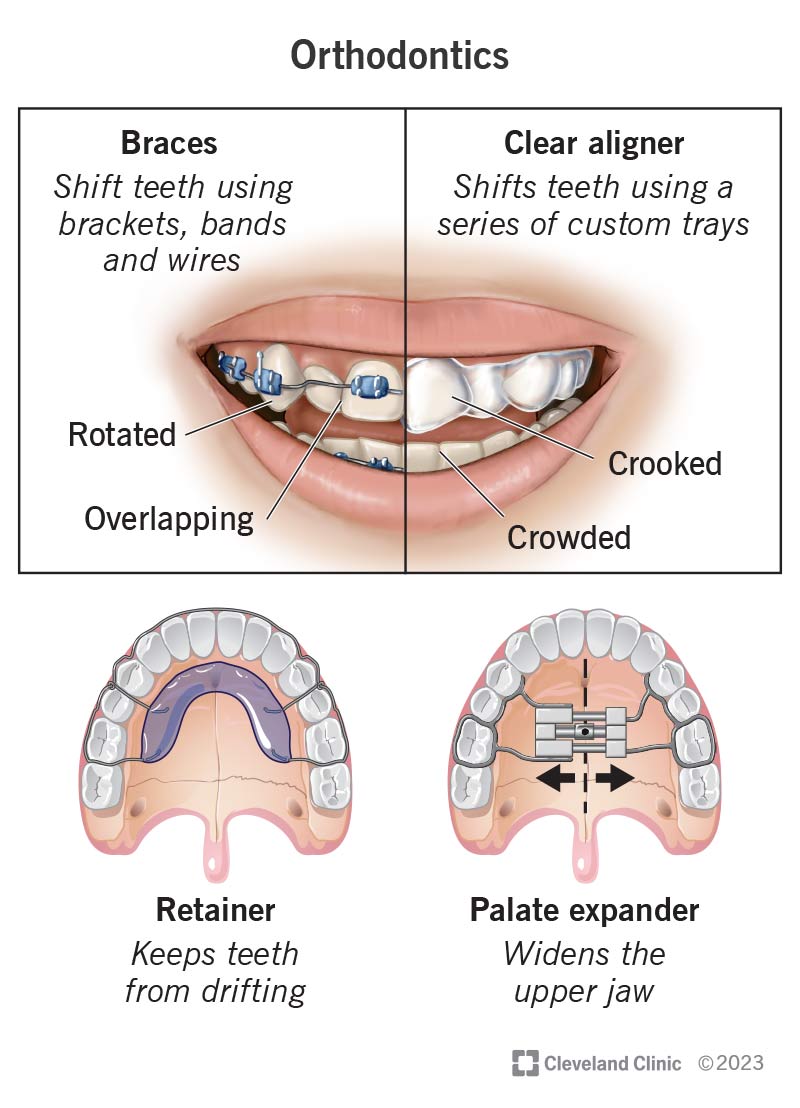A Biased View of Causey Orthodontics
Table of ContentsSome Known Facts About Causey Orthodontics.Causey Orthodontics Fundamentals ExplainedCausey Orthodontics Fundamentals ExplainedCausey Orthodontics Can Be Fun For AnyoneAbout Causey Orthodontics
Disregarding occlusal relationships, it was regular to eliminate teeth for a variety of oral problems, such as malalignment or overcrowding. The concept of an undamaged teeth was not commonly valued in those days, making bite correlations appear pointless. In the late 1800s, the concept of occlusion was essential for developing trustworthy prosthetic replacement teeth.As these principles of prosthetic occlusion proceeded, it ended up being a vital tool for dentistry. It remained in 1890 that the work and effect of Dr. Edwards H. Angle began to be felt, with his payment to modern orthodontics specifically noteworthy. Focused on prosthodontics, he showed in Pennsylvania and Minnesota before directing his interest in the direction of oral occlusion and the treatments required to keep it as a normal condition, therefore coming to be known as the "dad of modern-day orthodontics".

The idea of perfect occlusion, as postulated by Angle and included right into a category system, allowed a shift in the direction of dealing with malocclusion, which is any type of discrepancy from normal occlusion. Having a complete set of teeth on both arcs was very demanded in orthodontic treatment as a result of the requirement for specific relationships in between them.
The smart Trick of Causey Orthodontics That Nobody is Discussing
As occlusion became the vital priority, face percentages and visual appeals were disregarded - Causey Orthodontics. To attain optimal occlusals without making use of external forces, Angle proposed that having perfect occlusion was the very best means to gain optimal facial aesthetics. With the death of time, it ended up being fairly apparent that even a remarkable occlusion was not ideal when taken into consideration from an aesthetic point of sight
Charles Tweed in America and Raymond Begg in Australia (who both examined under Angle) re-introduced dentistry extraction into orthodontics during the 1940s and 1950s so they might enhance facial esthetics while likewise guaranteeing much better stability concerning occlusal relationships. In the postwar period, cephalometric radiography begun to be made use of by orthodontists for gauging adjustments in tooth and jaw setting triggered by growth and treatment. It became evident that orthodontic treatment can readjust mandibular advancement, causing the formation of functional jaw orthopedics in Europe and extraoral force measures in the US. Nowadays, both useful devices and extraoral gadgets are applied around the globe with the purpose of modifying development patterns and types. As a result, pursuing real, or at the very least enhanced, jaw relationships had actually come to be the main objective of therapy by the mid-20th century.
The Buzz on Causey Orthodontics
 Till the mid-1970s, braces were made by wrapping metal around each tooth. https://www.pexels.com/@causey-orthodontics-1624285234/., it ended up being feasible to rather bond steel braces to the teeth.
Till the mid-1970s, braces were made by wrapping metal around each tooth. https://www.pexels.com/@causey-orthodontics-1624285234/., it ended up being feasible to rather bond steel braces to the teeth.This has actually had significant results on orthodontic therapies that are provided on a regular basis, and these are: 1. Proper interarchal partnerships 2. Right crown angulation (idea) 3.
The benefit of the style lies in its bracket and archwire mix, which needs only very little wire bending from the orthodontist or medical professional (family orthodontics). It's aptly named hereafter function: the angle of the slot and thickness of the brace base inevitably figure out where each tooth is located with little demand for added adjustment
The Best Strategy To Use For Causey Orthodontics
Both of these systems utilized the same brackets for each and every tooth and required the flexing of an archwire in three aircrafts for locating teeth in their preferred positions, with these bends dictating best placements. When it concerns orthodontic home appliances, they are separated into 2 kinds: removable and repaired. Detachable appliances can be handled and off by the person as required.

Therefore, almost all modern set appliances can be taken into consideration variants on this edgewise appliance system. Early 20th-century orthodontist Edward Angle made a significant contribution to the globe of dentistry. He developed four distinctive home appliance systems that have been utilized as the basis for many orthodontic therapies today, barring a couple of exceptions.
9 Simple Techniques For Causey Orthodontics

The wire finished in a thread, and to relocate onward, an adjustable nut was used, which permitted for a rise in circumference. By ligation, each specific tooth was connected to this expansive archwire (Causey Orthodontics). As a result of its restricted variety of activity, Angle was unable to accomplish accurate tooth placing with an E-arch
These tubes held a firm pin, which could be rearranged at each appointment in order to relocate them in place. Called the "bone-growing appliance", this gizmo was theorized to urge healthier bone development due to its capacity for transferring force straight to the roots. Nevertheless, implementing it verified problematic in truth.